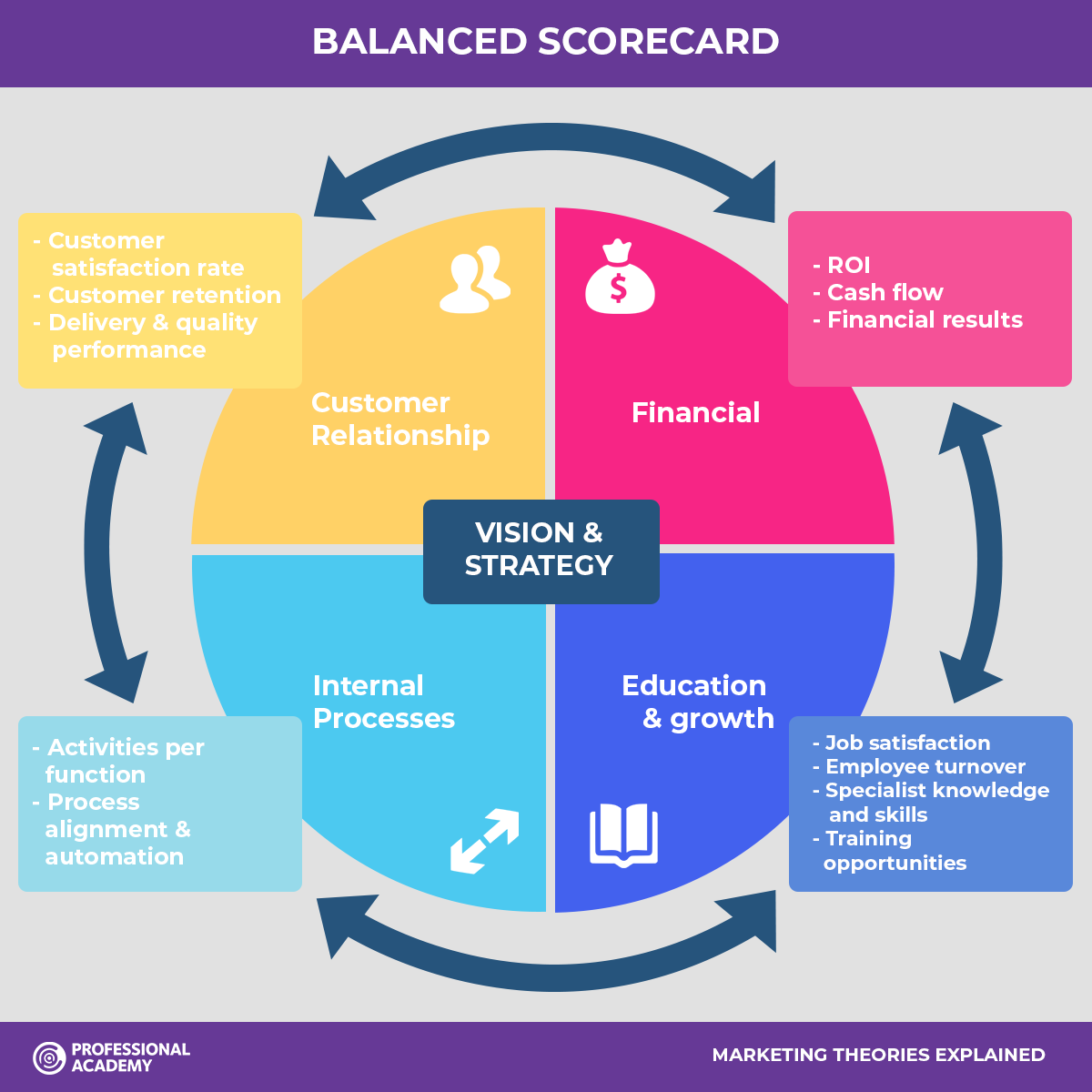Session-26
28 Dec,2021
The session started with the basic meaning of organizing and students gave their views on why organizing is a vital function for every manager. Organizing basically implies a process that coordinates human efforts with resources and transforms them into a unified whole in order to achieve specific goals. It also implies deciding how to best group organizational activities and resources. Moving forward we discussed the formal and informal organization and the need for both of these in an organization. Informal organisation arises because of the social need of employees to communicate with others and formal organisation is deliberately designed by top management to facilitate the smooth functioning of the organisation. After this, we saw a series of pictures of various chefs, who may specialise in particular areas. In a similar manner employees in an organization have specialised skills and they are assigned the tasks based on those skills. We also discussed the various limitations and benefits of job specialisation. We saw how specialisation increases productivity through Adam Smith's example of job specialisation where making a pin requires 18 tasks and if a worker performs all 18 tasks by himself the number of pins produced is less. However, if each worker performs a specialised set of tasks the productivity is increased as is evident from the increased production of pins.
INFORMAL ORGANIZATION

FORMAL ORGANIZATION


No comments:
Post a Comment